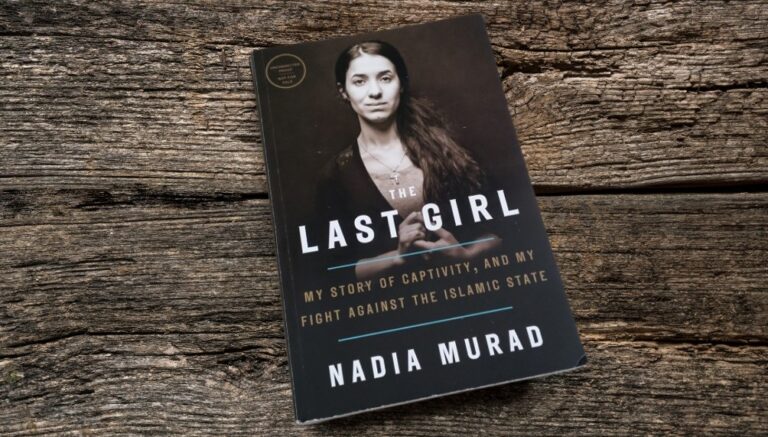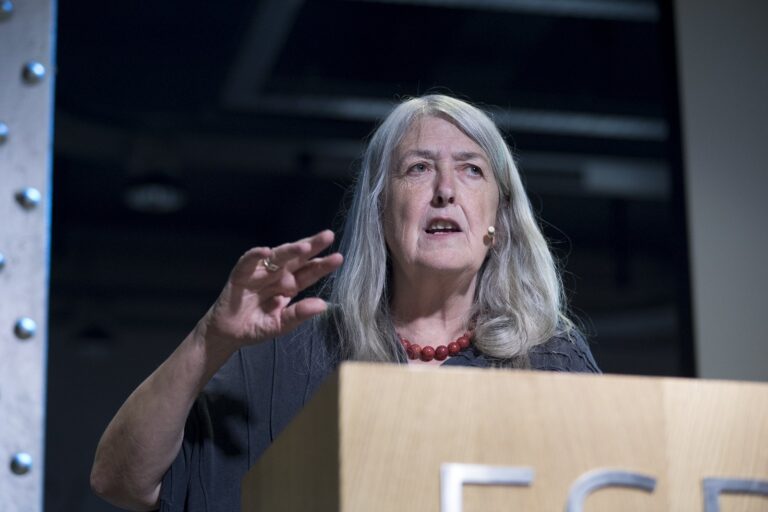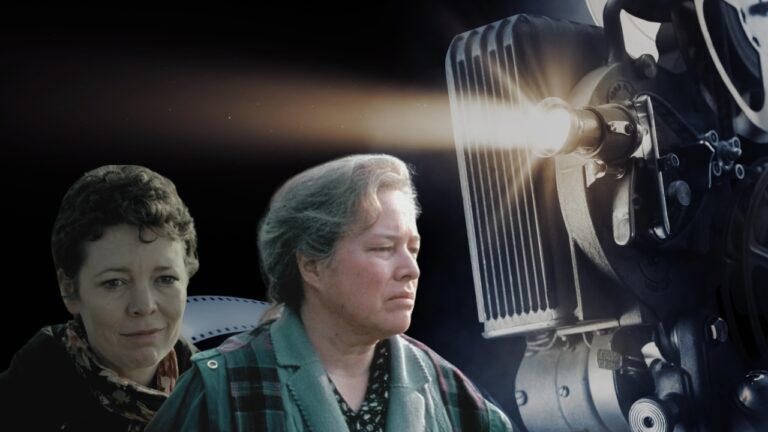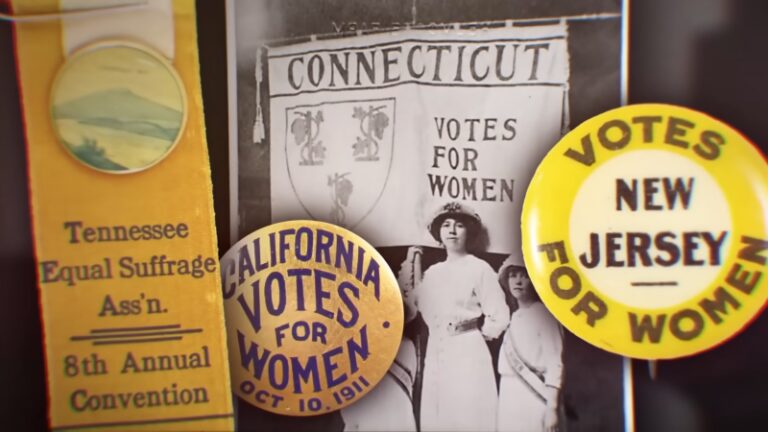I recently read “A Woman Is No Man” by Etaf Rum and found it incredibly impactful. The novel explores the lives of Arab-American women dealing with strict family traditions in the United States.
It focuses on Deya and her mother Isra, who struggle with cultural expectations and their roles within their family in Brooklyn.
What really stood out to me was the portrayal of the women’s ongoing battle across generations.
Despite cultural pressures, the characters show immense bravery in trying to define their own lives.
Their stories were really moving and made me feel a strong connection and respect for them.
Review
In “A Woman Is No Man,” a major theme is the complex nature of cultural identity and tradition. The author explores this through the lives of Isra and Deya, highlighting their connection to their Palestinian heritage and the challenges it presents. Tradition plays a big role in shaping their decisions, showing how deeply cultural identity can influence someone’s life.
The book also looks at family dynamics, pointing out the generational differences within the family. For example, while men like Adam adopt American work values to move up socially, they still stick to traditional gender roles. This causes tension as each family member tries to find a balance between their cultural roots and the modern values they encounter in America.
Feminism and autonomy are central to the story, especially through the characters of Isra and Deya. Books symbolize the power and independence that women can achieve, despite societal constraints. The narrative follows their journey as they strive to overcome oppression and find their own voices within a restrictive society.
The novel follows the stories of Isra and her daughter Deya, told in alternating chapters. Isra, a Palestinian immigrant, finds herself in a difficult arranged marriage with Adam and moves to Brooklyn to live with his traditional family. Despite her efforts to fit in, she faces harsh treatment from her mother-in-law Fareeda and battles depression.
Years later, the story picks up with Isra’s 18-year-old daughter, Deya, who is being pressured into an arranged marriage like her mother. Deya, however, wants a different life for herself. As she explores her family’s past, she uncovers secrets that challenge her own identity and what it might cost to break away from her cultural traditions.
Etaf Rum addresses several deep themes in the novel:
- The complexities of cultural identity and tradition.
- The impact of emotional abuse and domestic violence.
- The pursuit of female empowerment and autonomy against patriarchal constraints.
- The profound effects of family secrets on one’s identity.
The book integrates Arabic phrases and cultural details, enriching the reader’s experience of the characters’ world. Throughout, Isra and Deya struggle with societal expectations and personal desires. The narrative not only highlights their challenges but also their resilience, showcasing the strength women can summon in the face of adversity. This honest and sometimes painful story ultimately celebrates the indomitable spirit of women.
From my reading of The New York Times review, the book was appreciated for its authentic portrayal of Arab-American women and how it doesn’t compare them to Western standards. This was something that struck a chord with me as well, as I observed the characters’ struggles with identity and societal pressures.
Author Background
Etaf Rum, author of A Woman is No Man, is a Palestinian-American author. She was born and raised in Brooklyn, New York, within a conservative Arab community. Etaf’s journey, from growing up in a traditional family to now being a published author, has been intense and sometimes challenging.
Rum earned a Bachelor’s degree in Philosophy from Brooklyn College and a Master’s degree in American and British Literature from North Carolina State University. Apart from her writing career, she also teaches literature and writing at the college level.
Writing Style
In her debut novel, Etaf Rum showcases a unique writing style, focusing on a narrative that spans across three generations of Palestinian-American women. In A Woman is No Man, she uses first-person singular in each chapter to help the reader understand the emotions and experiences of the characters more intimately.
The book features a parallel narrative structure, with alternating chapters telling each woman’s story, giving us insight into their experiences and how the lives of these Arab-American women intertwine. The narrative is both clear and knowledgeable, as Rum draws upon her experiences growing up in Brooklyn.
Her writing style is also characterized by the use of vivid descriptions and rich cultural references, immersing readers in the world of her characters. She delves deep into issues related to gender roles, cultural expectations, family dynamics, and the struggles faced by Arab-American women living in the US.
To summarize, Etaf Rum creates an engaging reading experience by using first-person narrative, a parallel storytelling structure, and descriptive language. As a result, A Woman is No Man successfully transports readers into the lives of the characters, highlighting the often untold stories of women in traditional Arab-American communities.
Character Analysis

Isra is a 17-year-old girl from the West Bank who marries into a Palestinian-American family and moves to Brooklyn in the early 1990s. She experiences a lot of difficulties adjusting to her new life, including struggling with her identity and cultural clash. She grapples with living in a conservative community and an unhappy marriage while dealing with untreated depression.
Deya, on the other hand, is a high school senior and Isra’s eldest daughter, who seeks to understand her family’s past and her own identity. She comes across the tradition of arranged marriages, and she must decide whether or not to confront her family’s expectations.
Supporting Characters
- Adam – Isra’s husband and a strict man, raised to believe that his wife should submit to his authority. He represents the traditional patriarch in the Palestinian-American community.
- Fareeda – Isra’s mother-in-law, who enforces the cultural expectations within the family. She contributes to Isra’s depression by treating her harshly and prioritizing traditions.
- Sarah and Lila – Deya’s younger sisters, who also face issues of gender inequality in their culture and family.
- Deya’s Friends – A group of Americanized teenagers who contrast the conservativeness of her family and community, and introduce her to new perspectives.
Conclusions
In conclusion, “A Woman Is No Man” is a compelling novel that encourages readers to reflect on the societal norms and expectations imposed on women, especially within minority communities. I highly recommend it to anyone looking for an engaging and thought-provoking read that connects with the real-life struggles many women face today.









